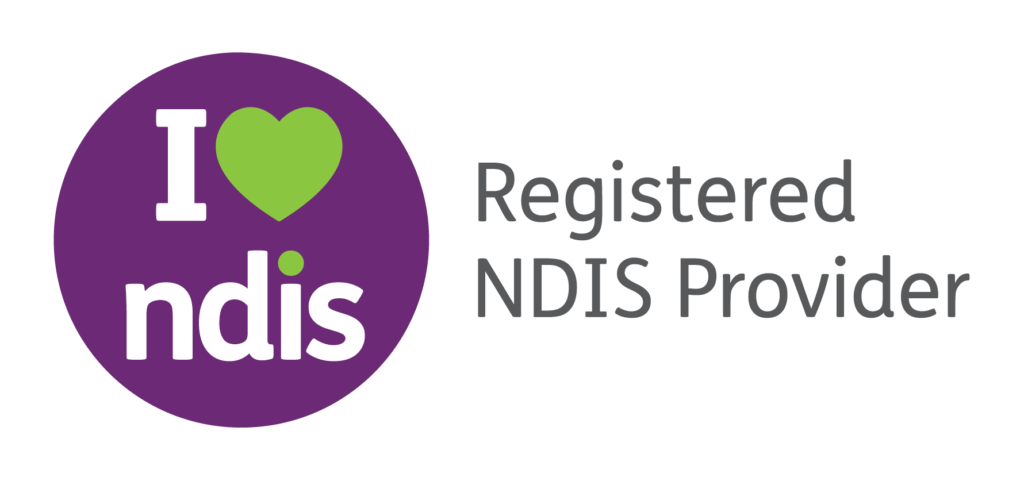Frequently Asked Questions
Do You Have Any Questions?
Respite/ STA Short term accommodation is where a participant can stay for a short period of time. This is a time when your usual support and you can have a break.
The NDIA—Home and Living team will decide if a participant is eligible for Support Independent Living. The team will assess clinical documentation to make that decision.
Usually, the funding is stated in a participant’s NDIS plan—in the core section, twenty-eight days is the maximum amount a participant can utilise, and it is no greater than two weeks at a time.
A participant has the right to choose a provider that suits them. An informal support or support coordinator may assist you in making the decision.
Support Independent Living (SIL) is where a SIL provider will support a participant in a group home setting; this arrangement may be flexible. The main goal is to support the participant in their everyday life and meet their outcomes and goals.
SIL can be a forever home setting if the participant is happy to live there and receive support as long as they want. STA is only for a short period of time, during which the participant stays for support or a break.
A participant will need to gather clinical evidence and submit an application to the NDIA—Home and Living Team.
Any participant in the NDIS, however, will need to discuss this in their planning meeting. Participants will need to have respite as a goal and ensure it is stated in their NDIS plan.
The cost that is covered is their support and support only. A SIL provider can claim for the workers to support participants in their daily lives.
An activity plan will be pre-planned during their stay; it depends on the goals. For example, it could be going to the movies or going swimming.
Support Independent Living refers to the support workers who provide care to the participants in every aspect of their daily lives. Specialist Disability Accommodation refers to the dwelling in which a participant may live; this is also an assessment process.
Usually, an occupational therapist will perform a functional assessment to determine whether a participant requires staff support in order to live independently. Additional clinical documentation from allied health will also support this. Then, an application will be sent to the NDIS Home and Living team to assess the participant’s eligibility.
Yes, every case is different. A participant has the right to change SIL providers if they want to; it is their right to decide who supports them.
There are many registered NDIS Support Independent Living providers. Dynamic Support Services prides itself on the quality of care it provides, best practices, and Service delivery.
Many changes in the guidelines have come in recently from October 3rd, 2024. Please press the link for further information
Please see the attached link for the updated price guide for 2025
The guidelines contain many changes and updates. One main change is that SIL providers must be NDIS registered. Another is that STAs must have certain eligibility to access respite. Respite is to be utilised for supports to have a break.
Participants receive funding in their plans to access ‘reasonable and necessary’ services and support to support participants to pursue their goals. A participant plan is usually a year, and a planning review occurs before the plan ends to determine if their needs are still the same or if circumstances have changed.
These supports fall into 15 categories aligned with their purpose. These are:
- Assistance with Daily Life
- Transport
- Consumables
- Assistance with Social & Community Participation
- Assistive Technology
- Home Modifications
- Coordination of Supports
- Improved Living Arrangements
- Increased Social and Community Participation
- Finding and Keeping a Job
- Improved Relationships
- Improved Health and Wellbeing
- Improved Learning
- Improved Life Choices
- Improved Daily Living
The meaning of respite is to have a break from one’s everyday routine. It will also be an opportunity for participants’ support and carers to have a break. This may occur due to carers’ burnout.
Participants have the right to communicate if they would like to change their support. The participant should check the service agreement in order to give notice to cease services.
Referrals | Simplifying access to the right support.

